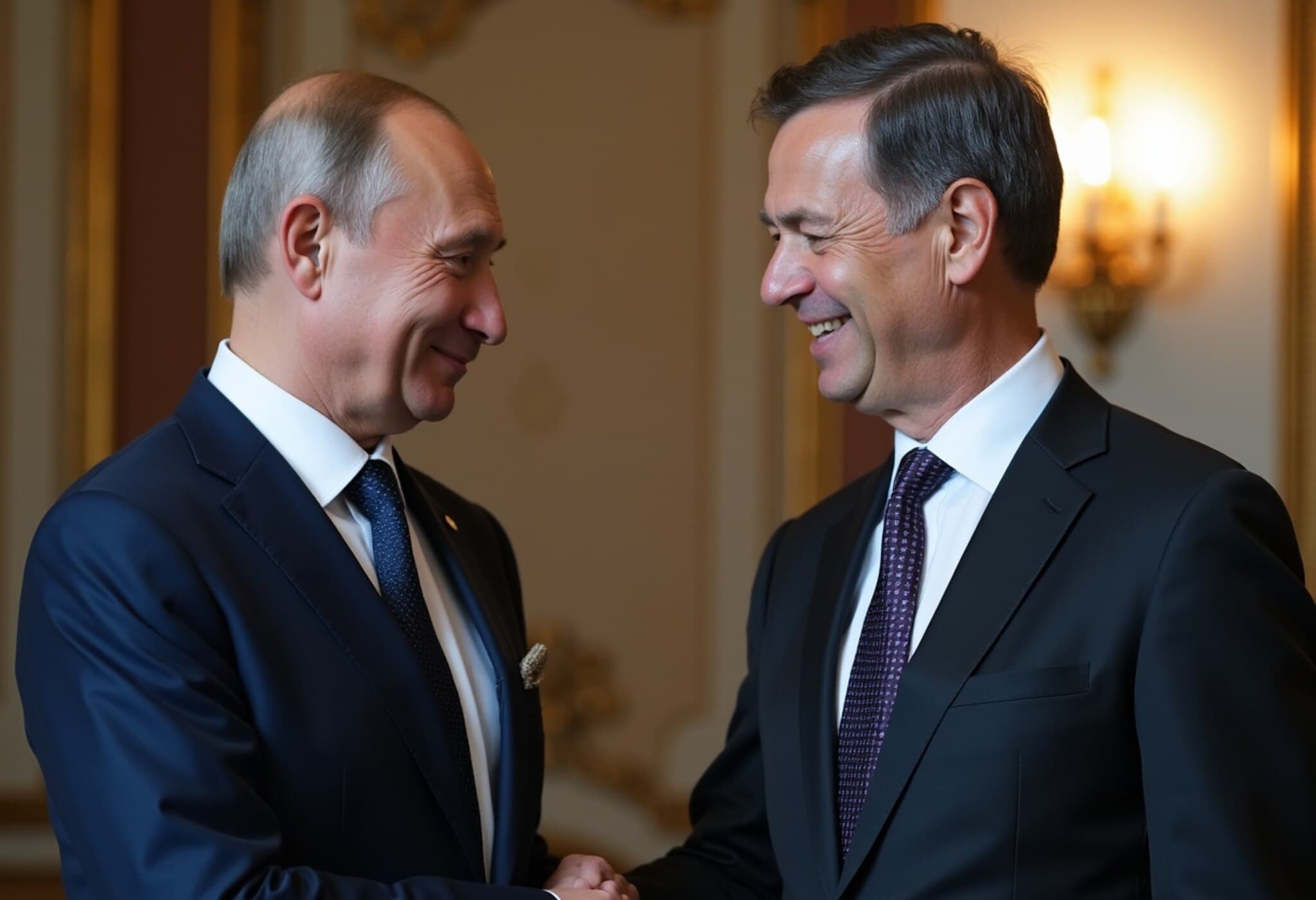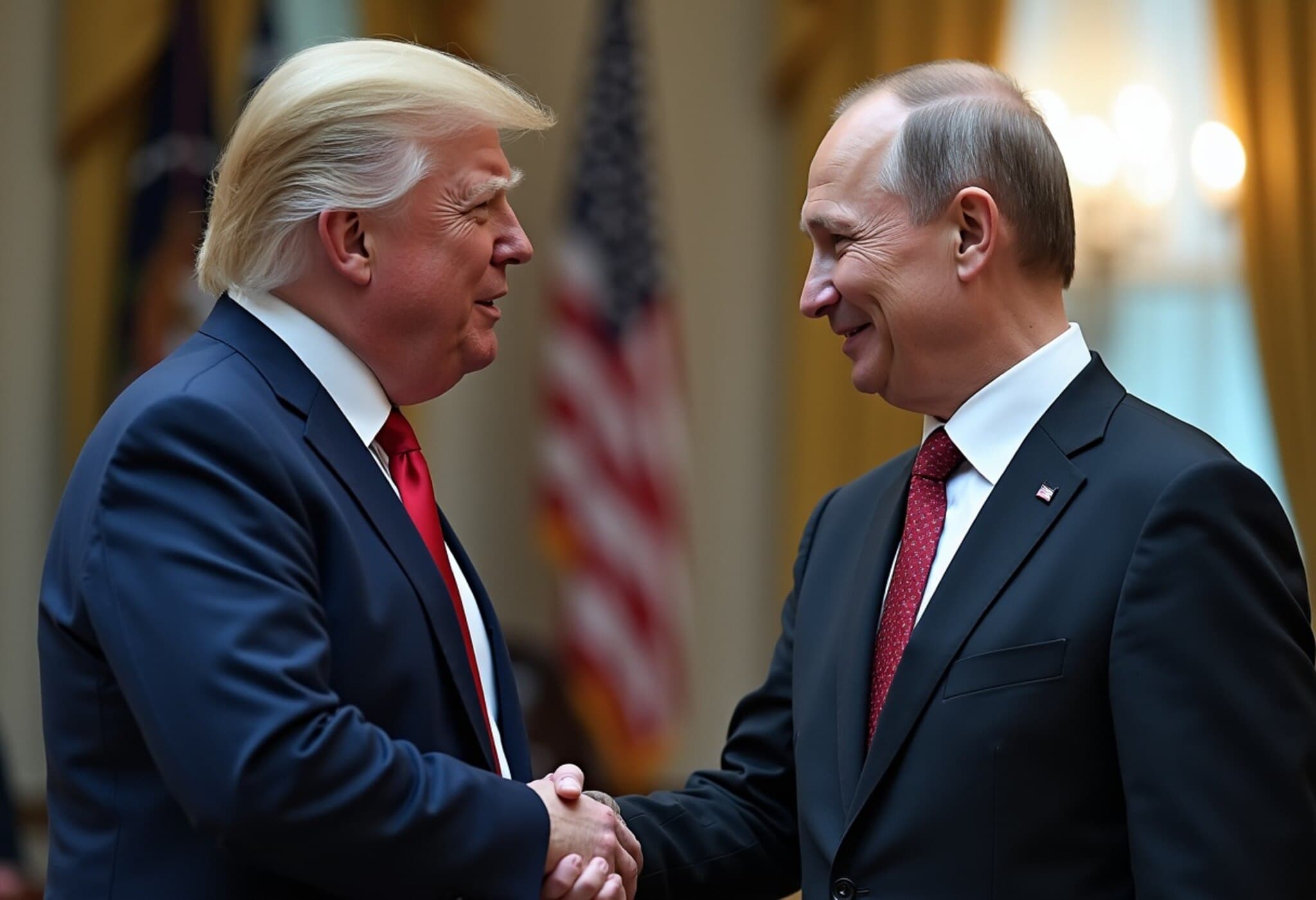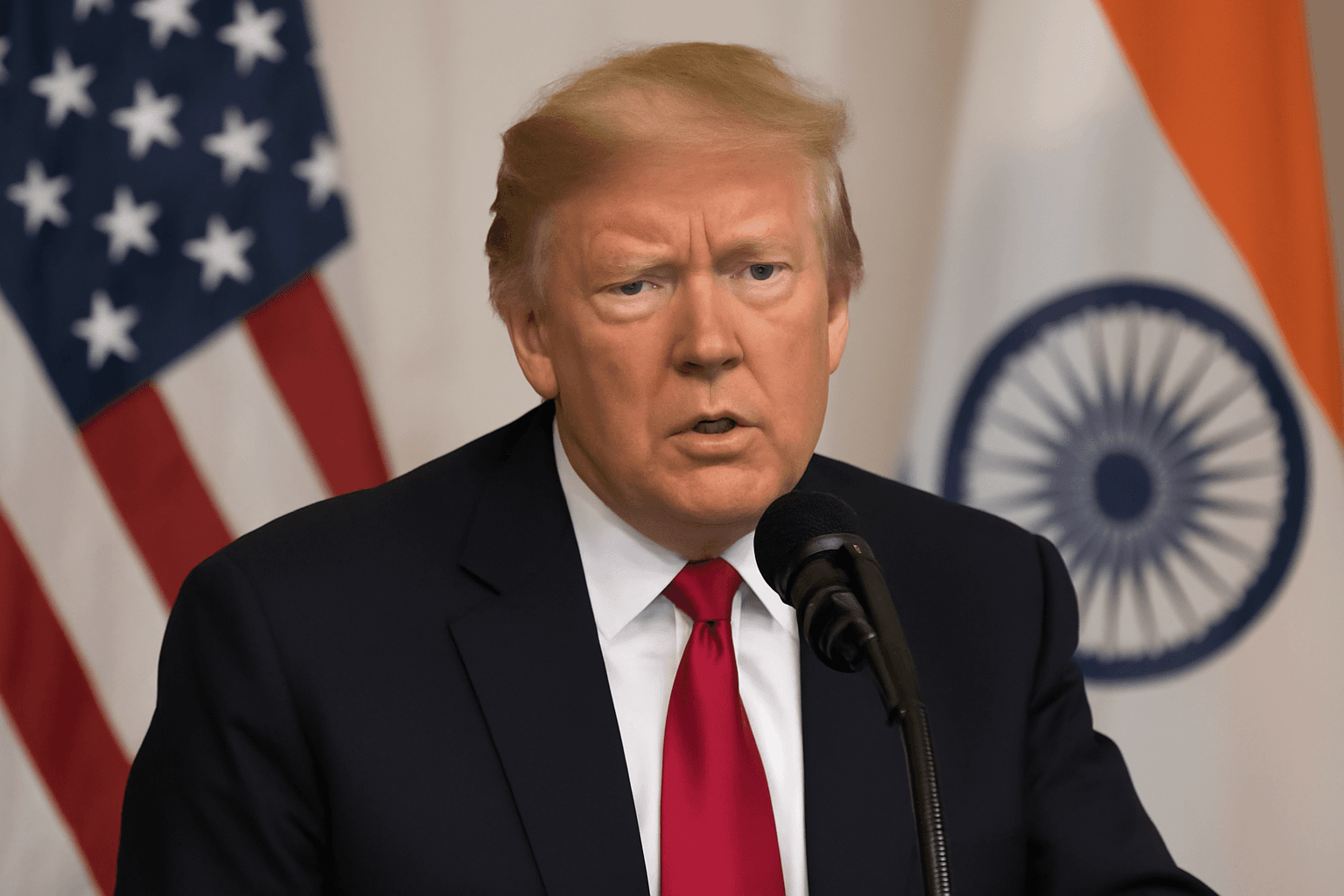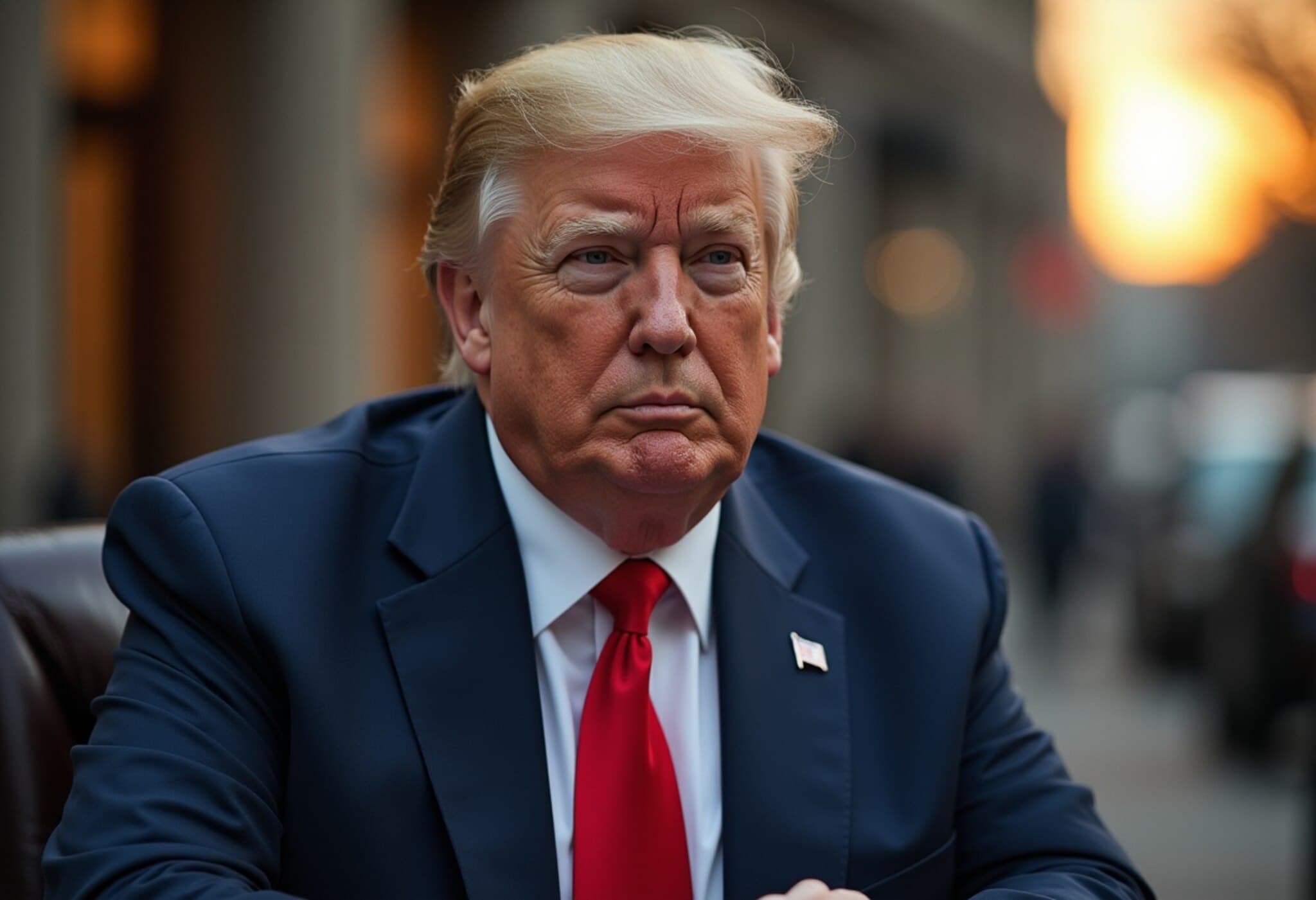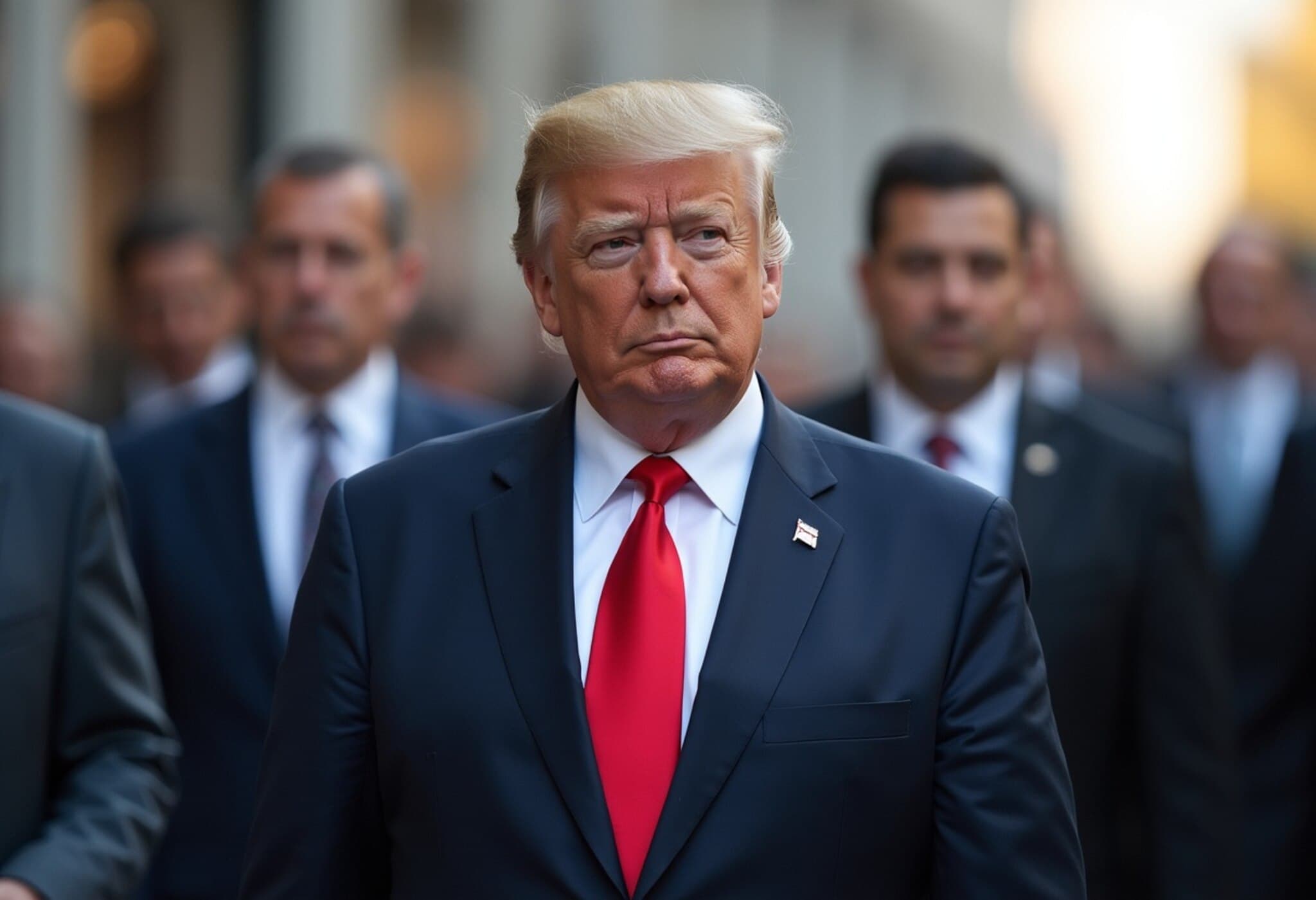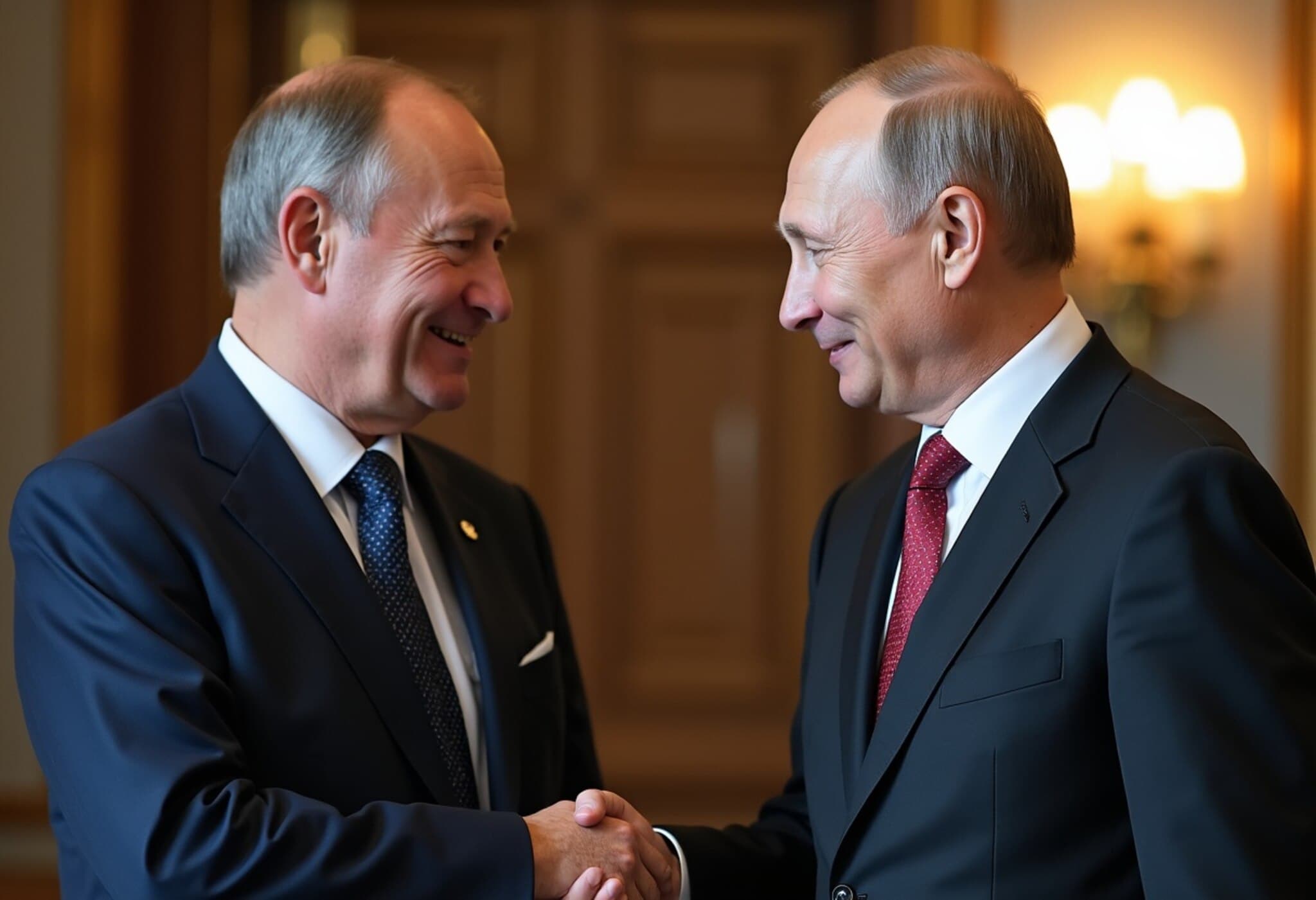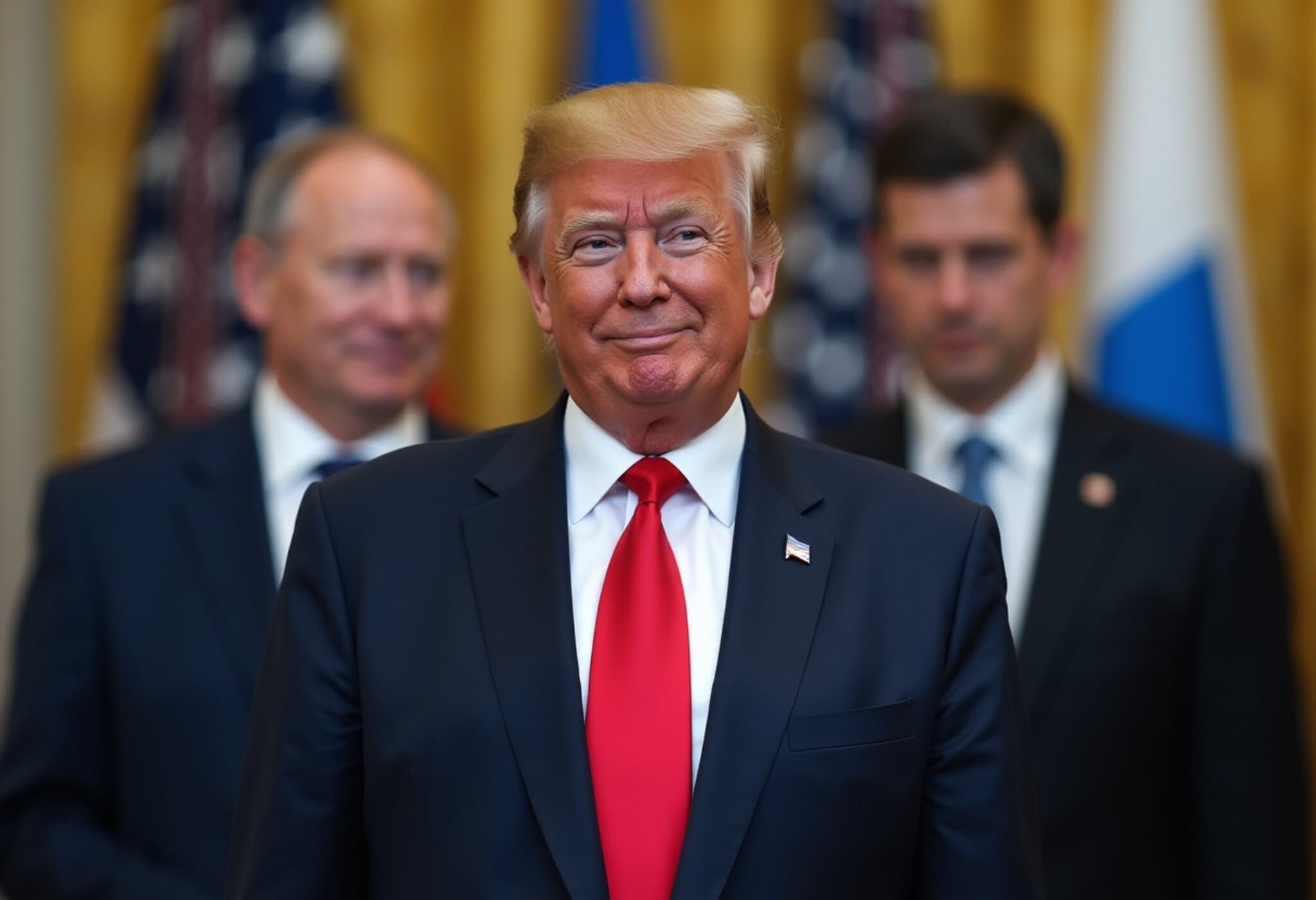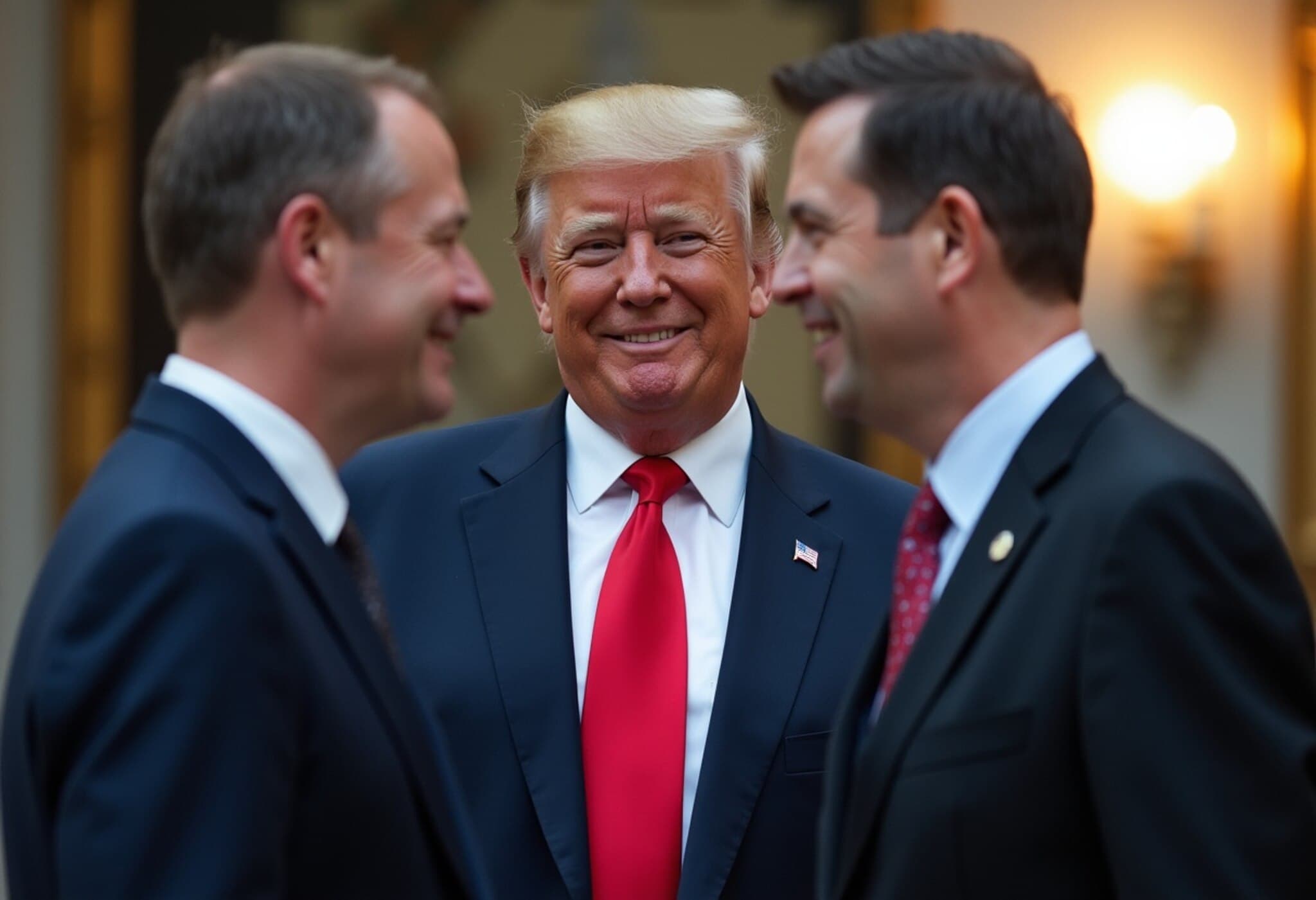Putin Expresses Willingness to Meet Zelenskyy Amid Peace Talk Stalemate
Russian President Vladimir Putin has indicated his readiness to sit down with Ukrainian President Volodymyr Zelenskyy to discuss prospects for ending the ongoing conflict in Ukraine. However, according to Russian Foreign Minister Sergei Lavrov, the crucial sticking point remains the lack of a concrete agenda to guide such high-stakes negotiations.
Lavrov Voices Frustration Over Ukraine's Negotiation Stance
Appearing on NBC’s Meet the Press with Kristen Welker, Lavrov criticized Zelenskyy’s approach to peace talks, suggesting that Ukraine has so far been unwilling to show the flexibility needed to reach a deal. Lavrov emphasized that while Russia has demonstrated a willingness to compromise on several issues raised by US President Donald Trump during a recent US-Russia summit, Ukraine has consistently rejected key proposals.
"Putin is ready to meet with Zelenskyy when the agenda for a summit is ready. That agenda is not ready at all," Lavrov stated, adding that Zelenskyy has said "no to everything," including discussions on NATO membership and territorial questions.
The Complex Dynamics of the Peace Process
- Russia demands Ukraine abandon ambitions to join NATO, maintain neutrality, and relinquish claims to the eastern Donbas region.
- Ukraine insists on retaining its sovereignty, rejecting territorial concessions and seeking stronger Western backing.
- President Trump’s role involves mediating between both sides, urging commitments to peace while threatening new sanctions if progress stalls.
Despite Trump's August 8 deadline for Russia to cease hostilities, followed by a landmark summit in Alaska, Russia's core demands have largely stayed unchanged. The Kremlin has proposed a partial freeze along the current frontlines in contested Ukrainian territories and hinted at returning small parcels of land, but insists on broader strategic conditions.
Zelenskyy’s Position and International Reactions
President Zelenskyy has publicly refused to "gift" any Ukrainian land to Russia and accused the Kremlin of actively sabotaging any chance for a meeting with Putin to happen. He has called upon Ukraine's international partners to ramp up sanctions against Moscow if it continues to demonstrate an unwillingness to genuinely pursue peace.
This impasse highlights the deep-rooted mistrust and geopolitical divergences that complicate the path toward conflict resolution in Eastern Europe.
Expert Insights: A Delicate Balancing Act
The ongoing war in Ukraine is not just a regional conflict but a flashpoint with global implications, involving Western security concerns and energy geopolitics. The insistence by Russia on prohibiting NATO membership for Ukraine touches a nerve in global diplomacy, threatening the post-Cold War European security architecture.
Meanwhile, Ukraine’s firm stance against territorial concessions reflects a broader national identity and resistance to perceived external aggression. For policymakers and analysts, the challenge remains how to construct a negotiation framework that respects Ukraine’s sovereignty while addressing Russia’s security fears, all under the shadow of heightened international tensions.
What Lies Ahead?
Without a mutually agreed-upon agenda, the prospect of a direct Putin-Zelenskyy summit remains uncertain. Both sides appear locked in a strategic standoff, with trust running thin. The role of international actors, including the US and European allies, is pivotal in shaping the conditions for meaningful dialogue.
Failing to craft a clear, balanced agenda risks prolonging the conflict and intensifying humanitarian crises on the ground.
Key Questions for the Peace Process
- How can the international community foster a negotiation framework that incentivizes flexibility for both Ukraine and Russia?
- What mechanisms can assure Ukraine's territorial integrity while addressing Russia’s security concerns?
- Could renewed sanctions or diplomatic pressure change the current impasse?
Editor’s Note
As Putin signals openness to a summit with Zelenskyy but underlines the absence of an agreed agenda, it underscores the complexity of achieving peace in Ukraine. This deadlock serves as a reminder that peace negotiations demand not only willingness to meet but also shared groundwork that respects the core interests and red lines of both parties. The coming weeks will test the durability of diplomacy against the backdrop of a conflict that continues to shape global security paradigms.

